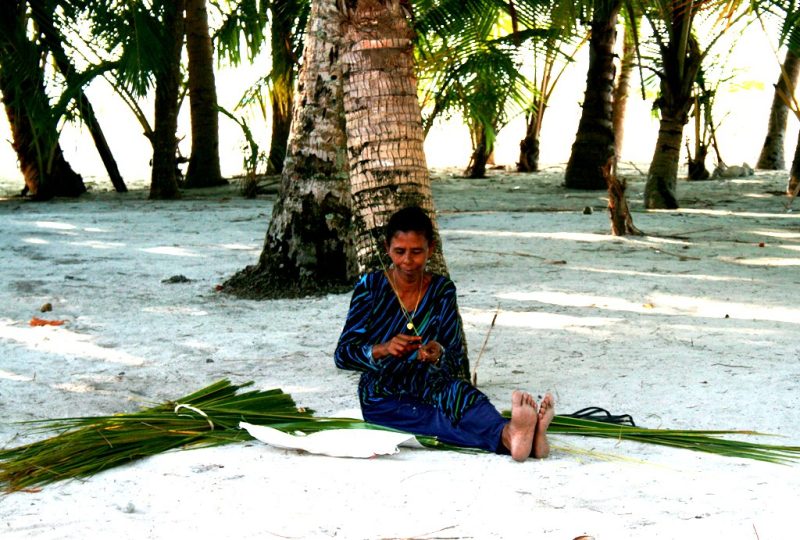Though the Maldives is renowned globally for being a popular tourist destination, it also has a fascinating history and culture that are well worth knowing about before you visit.

Early Beginnings & Buddhism
It’s believed that the Maldives was inhabited in the 5th century BCE or even earlier by those from neighbouring nations like India and Sri Lanka. The country adopted Buddhism, and this played a major role in shaping its local culture during a period spanning over one thousand years. Interestingly, some archaeological remains dating to this time can still be seen on certain islands.
Conversion to Islam & Colonial Rule
An important chapter in the country’s history took place in 1153 when the Buddhist king at the time converted to Islam. Subsequently, the entire nation also converted to this religion initially brought over by Arab traders and it continued to be a key part of the culture during the Islamic dynasties that followed. Over the centuries, the Maldives also came under Portuguese and British colonial rule before gaining independence from the latter on 26th July 1965.
The Local Culture Today
The teachings and beliefs of Islam are still interlinked with local culture and laws today in this fully Muslim nation. The family unit and closely bound communities continue to play important roles in contemporary society; while the beginning of tourism in 1972 led to diverse cultural influences, the country has retained its traditional values. Today, visitors staying at family-friendly properties or the best resorts in Maldives for couples such as the adults-only OBLU SELECT Lobigili can look to experience both these aspects.
Other Cultural Highlights
Originating from Indo-Iranian Sanskrit, Dhivehi is the nation’s official language though English is spoken and understood at private island resorts and tourism hotspots. The local cuisine is another cultural aspect that has been influenced by countries like India and Sri Lanka while featuring a distinctive taste too; not surprisingly, seafood plays a prominent part in culinary creations here. Also of interest is the traditional form of music known as Boduberu or “Big Drum” with rhythms, dances and songs that have an East African influence.











